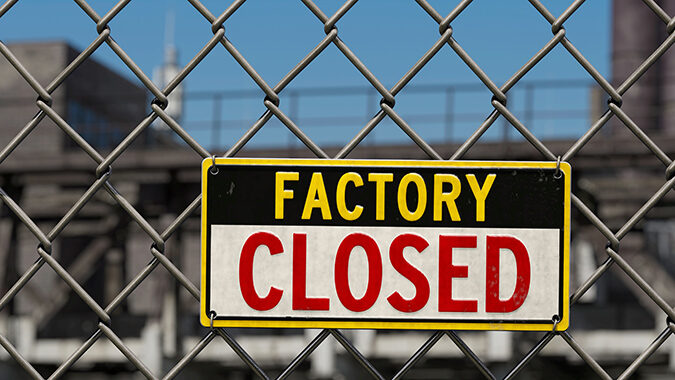New stricter air-quality regulations proposed by the Environmental Protection Agency could do significant harm to manufacturers and the U.S. economy, as well as threaten nearly 1 million jobs, according to the National Association of Manufacturers.
A new report conducted by Oxford Economics and commissioned by NAM found that EPA’s proposed revisions to air quality regulations for fine particulate matter, known as PM2.5, would threaten between $162.4 billion to $197.4 billion of economic activity and put 852,100 to 973,900 direct manufacturing jobs and indirect supply chain jobs at risk.
If adopted, the regulations would also limit future expansion and investments within the manufacturing sector, resulting in an additional loss of $138.4 billion in output and 501,000 jobs through 2027, the report said.
“Improving air quality in the U.S. is a top priority for manufacturers, and we’ve worked for years to make progress in delivering some of the cleanest manufacturing processes in the world,” NAM President & CEO Jay Timmons said on May 10.
“This analysis makes clear these new regulations will weaken our ability to invest in the technology and processes that would continue to reduce emissions — while jeopardizing high-paying manufacturing jobs,” Timmons said. “We need to let manufacturers do what they do best: innovate and deploy modern technologies to protect the environment, while creating jobs and strengthening the economy.”
The draft rule changes, proposed by the EPA earlier this year, would lower the primary annual particulate matter standard from 12.0 µg/m3 to between 8.0 and 10.0 µg/m3.
If adopted, the changes could lead to 200 counties around the nation being in non-compliance. California, Michigan and Illinois would be hit the hardest, NAM said.
NJBIA Deputy Chief Government Affairs Officer Ray Cantor said New Jersey meets current federal PM2.5 standards but if EPA revises the regulations, it could place at least one or more counties in non-compliance, depending on what changes are made.




